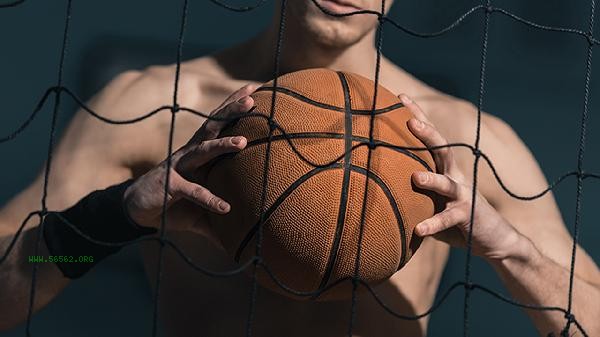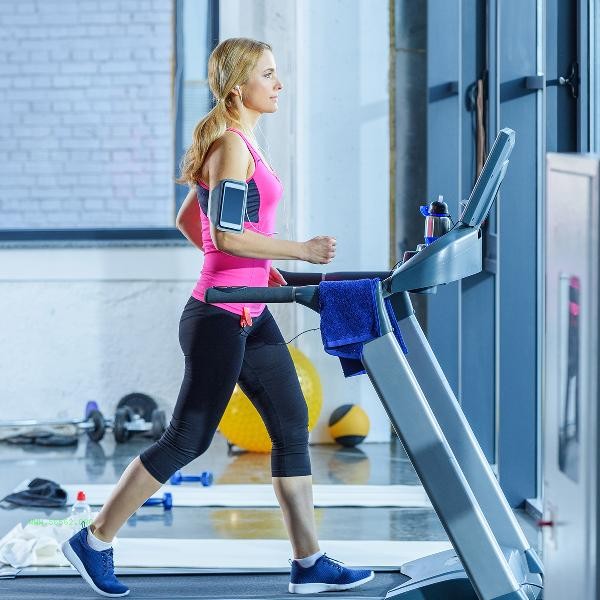It is not recommended to drink cola and Sprite during exercise, mainly due to factors such as high sugar affecting metabolism, carbonation stimulating the gastrointestinal tract, caffeine interfering with recovery, artificial additives increasing burden, and calorie intake offsetting exercise effects.

1. High sugar content affects metabolism
Cola and Sprite have extremely high sugar content, and a single bottle of beverage may exceed the recommended daily intake of added sugar. Drinking during exercise can cause rapid fluctuations in blood sugar, stimulate the secretion of large amounts of insulin, and promote the conversion of sugar into fat accumulation. After exercise, one should be in the stage of efficient fat burning, but high sugar drinks can interrupt this process and reduce fat loss efficiency. Long term consumption may also induce insulin resistance and increase the risk of metabolic syndrome.
2. Carbonated stimulation of gastrointestinal tract
Carbon dioxide in carbonated drinks can cause bloating in the stomach, which may lead to bloating, belching, and even acid reflux during exercise. During the fitness process, the blood flow in the digestive system decreases, and carbonation stimulation may exacerbate gastrointestinal discomfort and affect exercise performance. Some people may feel nauseous after drinking after exercise, especially after performing abdominal compression movements such as rolling or inverted positions.
3. Caffeine interference in recovery
Although caffeine in cola can temporarily refresh the mind, it can interfere with the body's recovery process after exercise. The diuretic effect of caffeine may exacerbate exercise dehydration while inhibiting the secretion of growth hormone during deep sleep, which is crucial for muscle repair. Nighttime fitness enthusiasts are more likely to experience difficulty falling asleep and delay the elimination of fatigue when drinking.

4. Artificial additives increase burden
Phosphoric acid in beverages can bind with calcium, affecting mineral absorption and potentially reducing bone density in the long run. The preservative sodium benzoate requires liver metabolism, and the body is under stress during exercise, resulting in a relatively weakened detoxification function. Artificial sweeteners may disrupt the balance of gut microbiota, indirectly affecting nutrient absorption and energy metabolism efficiency.
5. Heat intake offsets exercise effect
The calorie content of a can of carbonated beverage is equivalent to the energy consumption of jogging for twenty minutes, which can easily lead to calorie surplus. The fitness effect is often offset by invisible sugar, which forms a compensatory psychology after exercise and is more prone to weight gain. Some people may unconsciously consume excessive amounts of beverages due to their lack of satiety, resulting in a total intake exceeding the standard throughout the day.

It is recommended to choose plain water, diluted salt water, or sugar free electrolyte drinks to replenish water during exercise. After half an hour of exercise, you can drink skim milk in moderation to supplement protein. If you need a stimulating taste, you can choose sugar free sparkling water with fresh lemon juice, or homemade mint cucumber water. Long term fitness enthusiasts should establish correct hydration habits, avoid developing a psychological preference for sweet drinks, and pay attention to the supplementation of minerals such as calcium and magnesium in their diet to balance acidity and alkalinity. Special groups such as diabetes patients and people with gastrointestinal disorders should strictly avoid drinking carbonated drinks before and after exercise.







Comments (0)
Leave a Comment
No comments yet
Be the first to share your thoughts!